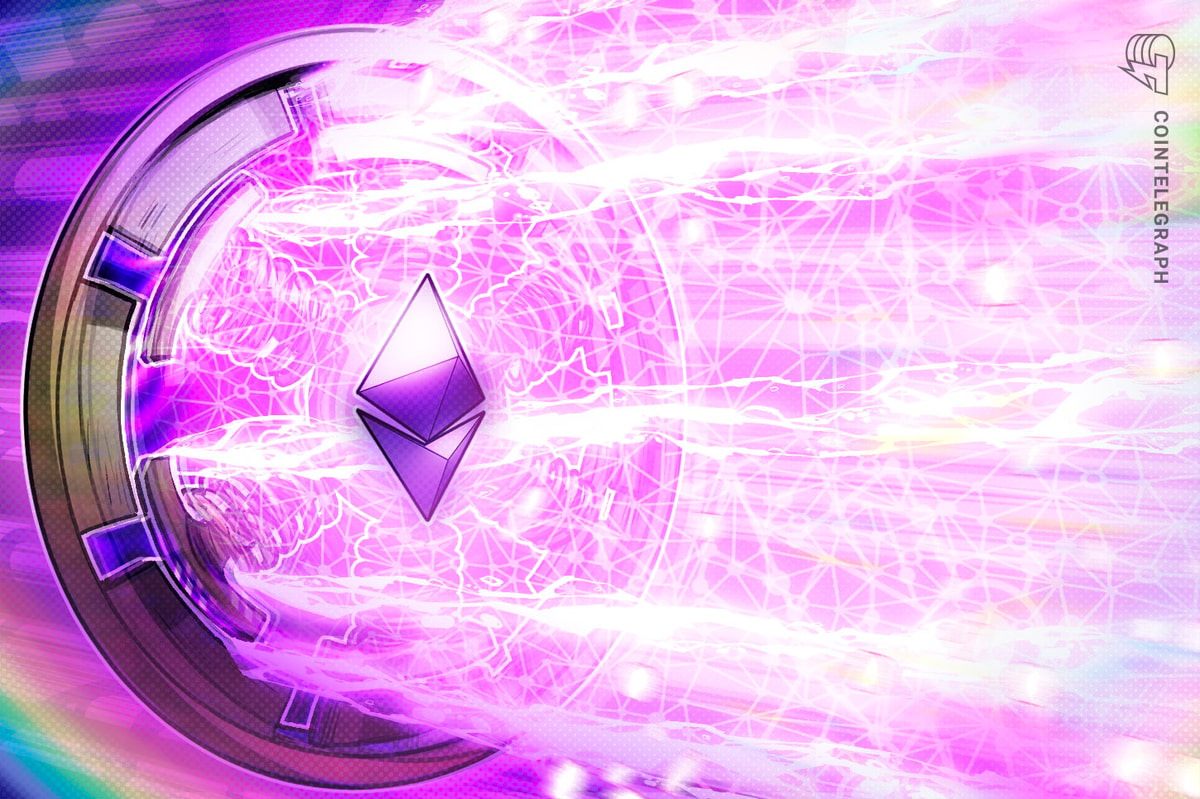Google, Microsoft, Amazon, and IBM are some of the biggest companies currently researching and developing quantum computer technology.
News
Dr. XinXin Fan, the head of cryptography at IoTeX, recently co-authored a research paper titled Enabling a Smooth Migration Towards Post-Quantum Security for Ethereum. The research paper received a Best Paper award from the 2024 International Conference for Blockchain and argued that hash-based zero-knowledge technology is the most user-friendly way to quantum-proof the Ethereum network and other similar cryptographic systems.
In an interview with Cointelegraph, Dr. Fan explained that the elliptical curve digital signature algorithms (ECDSA) employed in current blockchain systems to sign transactions are quantum-vulnerable. However, this vulnerability can be addressed by attaching a hash-based zero-knowledge proof — such as a zero-knowledge scalable transparent argument of knowledge (ZK-Stark) — to each transaction.
The researcher said this method also ensures the smoothest transition for users — avoiding the complexity of other proposed quantum-resistance methods. “The way we are implementing this allows the user to use their current wallet, but we attach each transaction with a zero-knowledge proof that is quantum-safe,” Dr. Fan said.
“We need to consider both the security aspect and also the usability aspect,” Dr. Fan continued. The researcher stressed that balancing user experience with security needs was key to ensuring a timely migration to post-quantum standards.
A model of a ZK-proving service outlined in Dr. Fan’s paper. Source: Springer Nature
Related: Singapore, France monetary authorities test quantum-proof security
The quantum scare of 2024
A smooth transition to post-quantum security for end users is paramount, as the National Institute of Standards and Technology (NIST) recently published the first hard deadline for legacy systems to migrate to post-quantum signature standards — advising institutions to adopt quantum-resistant measures before 2035.
In Oct. 2024, a report from the South Morning China Post claimed that researchers at Shanghai University successfully breached cryptographic algorithms using a quantum computer.
However, an analysis by YouTuber “Mental Outlaw” later revealed that the quantum computer used in the experiment only broke a 22-bit key. For context, modern encryption standards use keys between 2048 and 4096 bits — meaning that quantum computers have not yet cracked encryption standards.
Other researchers also agreed the threat posed by quantum computers is exaggerated at this point due to the stark divergence between the current ability of quantum computers to factor numbers and the length of modern encryption keys.
Magazine: Advanced AI system is already ‘self-aware’ — ASI Alliance founder
This article first appeared at Cointelegraph.com News


